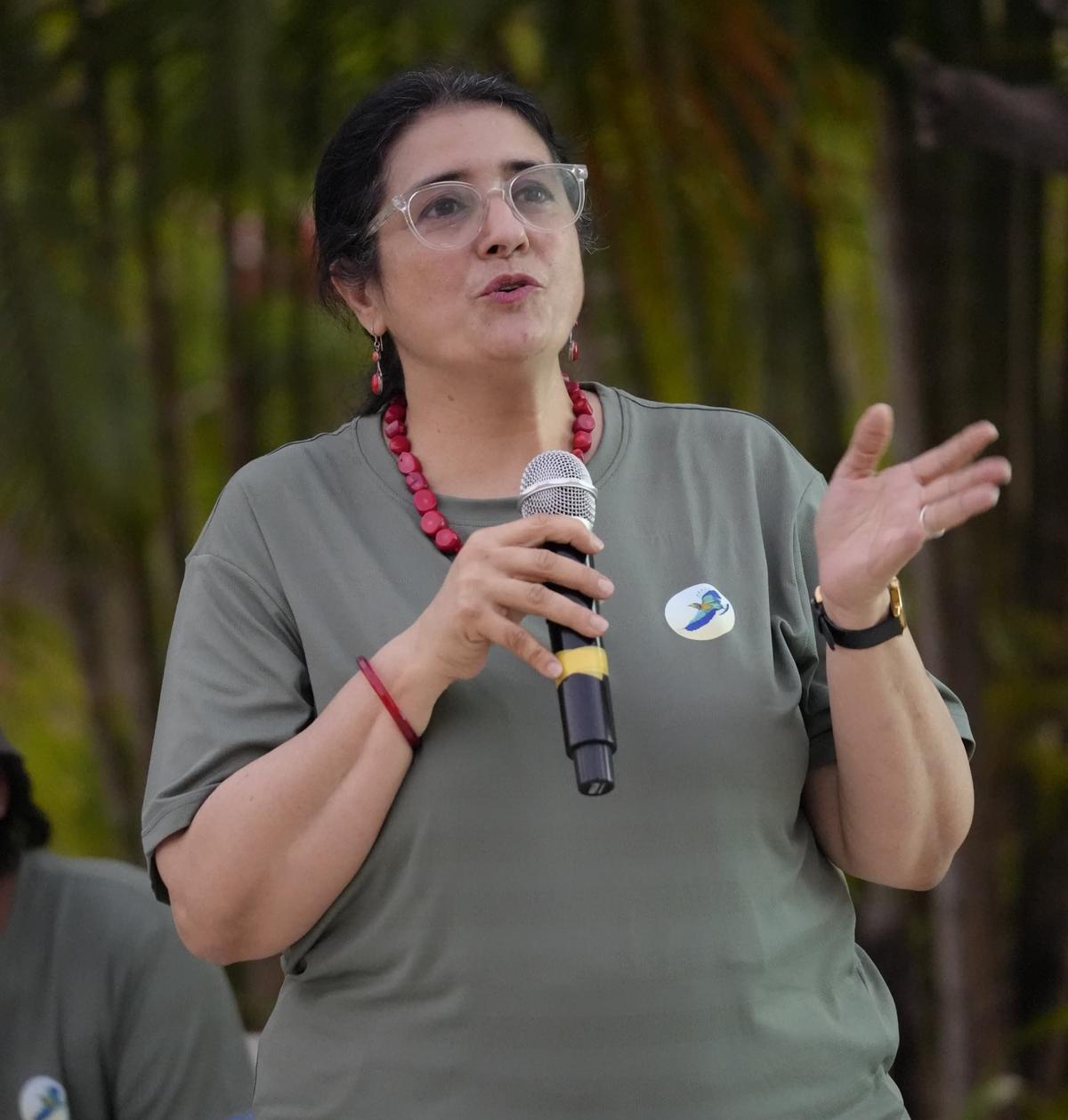The next in the monthly series by WWF-India that highlights niche and unconventional green careers through the stories of well-known personalities from the field of environment and conservation
Growing up in Mumbai, my connection with Nature began early. My house was near Borivali National Park, which became our go-to picnic spot during vacations. I often spent my weekends exploring the park, learning about birds, butterflies, and snakes. My love for the outdoors deepened while pursuing B.Sc. in Zoology, especially during a final-year field trip to Lakshadweep, to study the marine ecosystem. I knew I wanted to dedicate my life to ecology.
So, I enrolled in a Master’s in Ecology at Pondicherry Central University. I was so eager to get in that I convinced myself I had to outperform every other candidate in the entrance exam. Over the years, I have strengthened my expertise with certifications in tropical forest restoration, stakeholder engagement, and conservation essentials.
My career has taken me across India, from working as a Research Associate at the Madras Crocodile Bank Trust in Tamil Nadu to engaging in environmental education initiatives in Mumbai. As my journey continued, I took on roles with WWF-India in West Bengal and later in Hyderabad, where I now serve as the State Director. The diversity of experiences has helped me understand conservation challenges across different landscapes and communities.

Farida Tampal at work
| Photo Credit:
Special Arrangement
A typical workday is dynamic, balancing office responsibilities, meetings with government departments, public engagements, and field visits to forests across Andhra Pradesh and Telangana. The most exciting part is being outdoors, learning from people, especially tribal communities who have an incredible understanding of their environment. I’m also passionate about engaging with students, as their challenging questions keep me on my toes and encourage me to stay updated. Citizen science is something I strongly advocate for, as it plays a crucial role in bridging the gap between people and Nature.
Raising awareness
One of the biggest challenges in conservation is changing people’s attitudes. Many remain indifferent to environmental issues, making it vital to educate them. To address this, I focus on education through talks and training programmes. Convincing policymakers to adopt science-based decisions is another hurdle, as short-term priorities often overshadow long-term sustainability. I tackle this by advocating for evidence-based policymaking, ensuring that conservation efforts are backed by solid data.
Despite these challenges, my journey has been full of rewarding experiences and moments of joy. One memorable incident took place in a wetland, where my colleagues and I were documenting plants and animals. Suddenly, one of my colleagues slipped and fell and like a pack of cards, one by one, we all followed suit! No matter how hard we tried, we kept slipping and falling. It was both frustrating and hilarious, and we couldn’t stop laughing at the sight of each other tumbling down!
Through my career, I have drawn inspiration people like Rahi Bai and her work in conserving local seed varieties and my college teacher Parvish Pandya who introduced me to this field. Dr. Salim Ali’s Fall of a Sparrow and Romulus Whitaker’s emphasis on scientific writing have also been major inspirations. Looking ahead, I aspire to become a ‘nature evangelist,’ someone who not only protects ecosystems but also inspires others to appreciate and value Nature. I believe that conservation conversations need to happen in multiple languages and reach diverse audiences to truly create change.
To students and young professionals considering a green career, here’s my advice: go for it. Few people get the opportunity to study and work in a field they truly love. Conservation is challenging but immensely rewarding. Nature is a great teacher; if you choose to listen, you will never stop learning.
Published – March 23, 2025 08:30 am IST

Email
Remove
SEE ALL